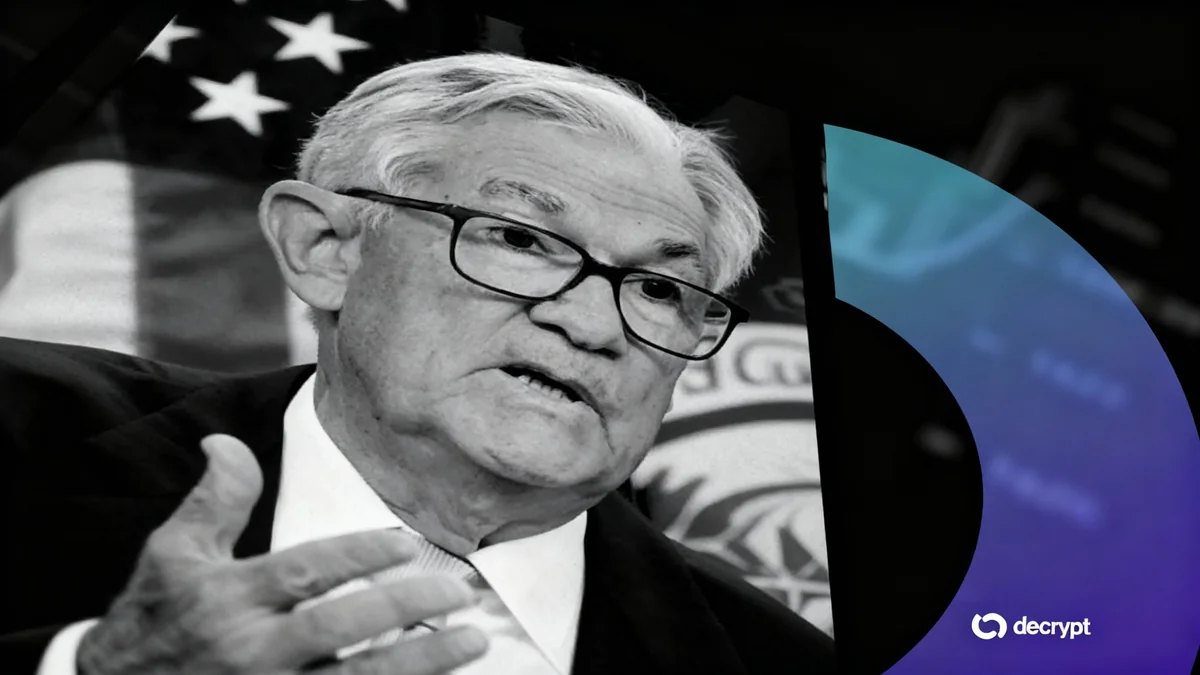SharpLink Gaming, Inc., a Nasdaq-listed company, has announced its intention to become the first public company to natively issue its common stock as digital tokens directly on the Ethereum blockchain. The company has appointed financial technology firm Superstate as its Digital Transfer Agent for this initiative.
This move aims to demonstrate how public companies can leverage blockchain infrastructure to enhance market efficiency and create new forms of shareholder value. The collaboration will also explore pathways for the regulated trading of these tokenized shares on decentralized finance platforms.
Key Takeaways
- SharpLink Gaming (Nasdaq: SBET) plans to be the first public company to issue its stock directly on the Ethereum blockchain.
- The company has partnered with Superstate, which will act as its Digital Transfer Agent using its Opening Bell platform.
- A key long-term goal is to enable compliant trading of these tokenized shares on Automated Market Makers (AMMs).
- SharpLink is one of the largest corporate holders of Ether (ETH), holding over 838,000 ETH in its treasury.
A New Model for Public Equity
SharpLink's decision to tokenize its SEC-registered common stock represents a significant step in merging traditional capital markets with blockchain technology. By issuing shares natively onchain, the company's stock will exist as a digital asset on the Ethereum network, while remaining legally equivalent to traditional book-entry shares.
This process is designed to offer several potential benefits. It could allow shareholders to hold their shares in self-custodied digital wallets, providing greater control and direct ownership. Furthermore, it opens possibilities for integrating the stock with a wide range of digital financial products and making it accessible to a global investor base.
What is Stock Tokenization?
Stock tokenization is the process of creating a digital representation of a company's share on a blockchain. Each token represents ownership of a share. This allows for easier transfer, fractional ownership, and integration with decentralized finance (DeFi) applications, potentially increasing liquidity and accessibility.
The Role of Superstate and Regulatory Alignment
To facilitate this process, SharpLink is partnering with Superstate, a firm specializing in connecting traditional financial assets with crypto capital markets. SharpLink will use Superstate's Opening Bell platform, a regulated system designed for onchain issuance and tokenization of SEC-registered equity.
The initiative is framed within the context of the SEC’s broader innovation agenda, known as Project Crypto, which aims to modernize U.S. securities regulations for digital assets. A primary objective of the partnership is to research how tokenized public equities could eventually trade on Automated Market Makers (AMMs) and other DeFi protocols in a fully compliant manner.
"SharpLink will be the first public company to tokenize their shares on Ethereum using Superstate’s Opening Bell, a milestone worthy of such an important Ethereum-aligned company," stated Superstate CEO Robert Leshner. "We’re very pleased to be partnering with SharpLink as they build the ecosystem for tokenized equity on Ethereum and beyond."
Success in this area could establish a blueprint for how regulated securities can achieve wider utility and improved liquidity, modernizing capital flows for both investors and issuers.
Vision for Decentralized Trading
A central ambition of the collaboration is to pave the way for trading tokenized public shares on AMMs. AMMs are a type of decentralized exchange (DEX) protocol that relies on mathematical formulas to price assets, allowing for permissionless and automated trading.
Bringing a publicly traded, SEC-registered stock to such a venue would be a landmark achievement. It could potentially redefine market structure by blending the oversight of traditional finance with the efficiency and accessibility of DeFi.
What are Automated Market Makers (AMMs)?
AMMs are smart contracts that create liquidity pools of tokens, which are automatically traded by an algorithm rather than an order book of buyers and sellers. They are a foundational component of the decentralized finance (DeFi) ecosystem, enabling users to trade digital assets without a traditional intermediary.
Joseph Chalom, Co-CEO of SharpLink, emphasized the project's forward-looking nature. He stated that the initiative is "a statement about where we believe the future of the global capital markets is headed."
"Not only are we enabling our shareholders to hold SBET shares natively on Ethereum, but we are also embarking on entirely new frontiers for how compliant, tokenized public equities could one day trade seamlessly through AMMs – an evolution we believe could redefine market structure itself," Chalom added.
SharpLink's Commitment to the Ethereum Ecosystem
This move reinforces SharpLink's deep strategic alignment with the Ethereum network. The company adopted ETH as its primary treasury reserve asset in early June 2025, following the appointment of Ethereum co-founder Joseph Lubin as its Chairman of the Board.
Since implementing its treasury strategy, SharpLink has become one of the world's largest corporate holders of Ethereum. As of late September 2025, the company had accumulated over 838,000 ETH and generated an additional 3,815 ETH through staking rewards.
Joseph Lubin commented on the significance of the tokenization plan, highlighting its potential to further integrate traditional finance with the capabilities of blockchain technology.
"We’re proud to have been the first public company to become a Digital Asset Treasury company on Ethereum... And now we are excited to raise the floodgates further by onboarding TradFi to composable DeFi on Ethereum," said Lubin. "This major step forward reinforces SharpLink’s conviction that Ethereum is the foundation upon which the next generation of financial infrastructure will be built."
The company's substantial investment in ETH and its pioneering efforts in stock tokenization position it at the forefront of corporate adoption of blockchain technology for core financial operations.





